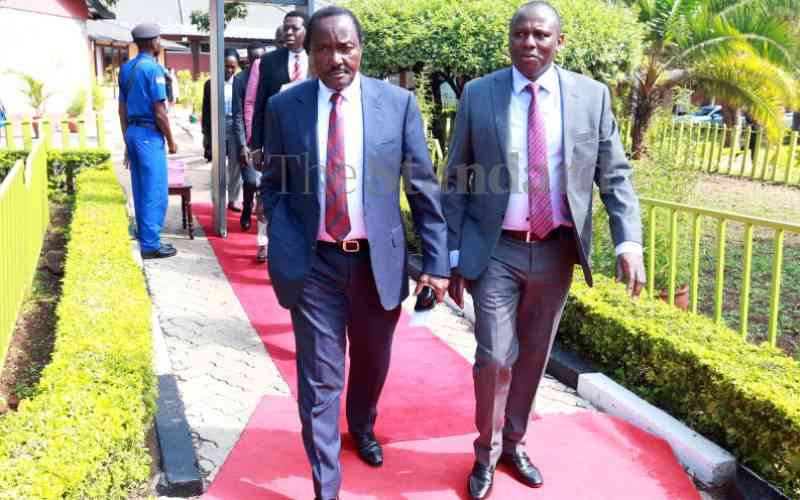×
The Standard e-Paper
Kenya’s Boldest Voice

Amid the ensuing post-election political squabbles, the willingness of the opposing sides to dialogue was a welcome move.
President William Ruto's announcement at a time when the opposition was contemplating more mass action, was pivotal in restoring stability.